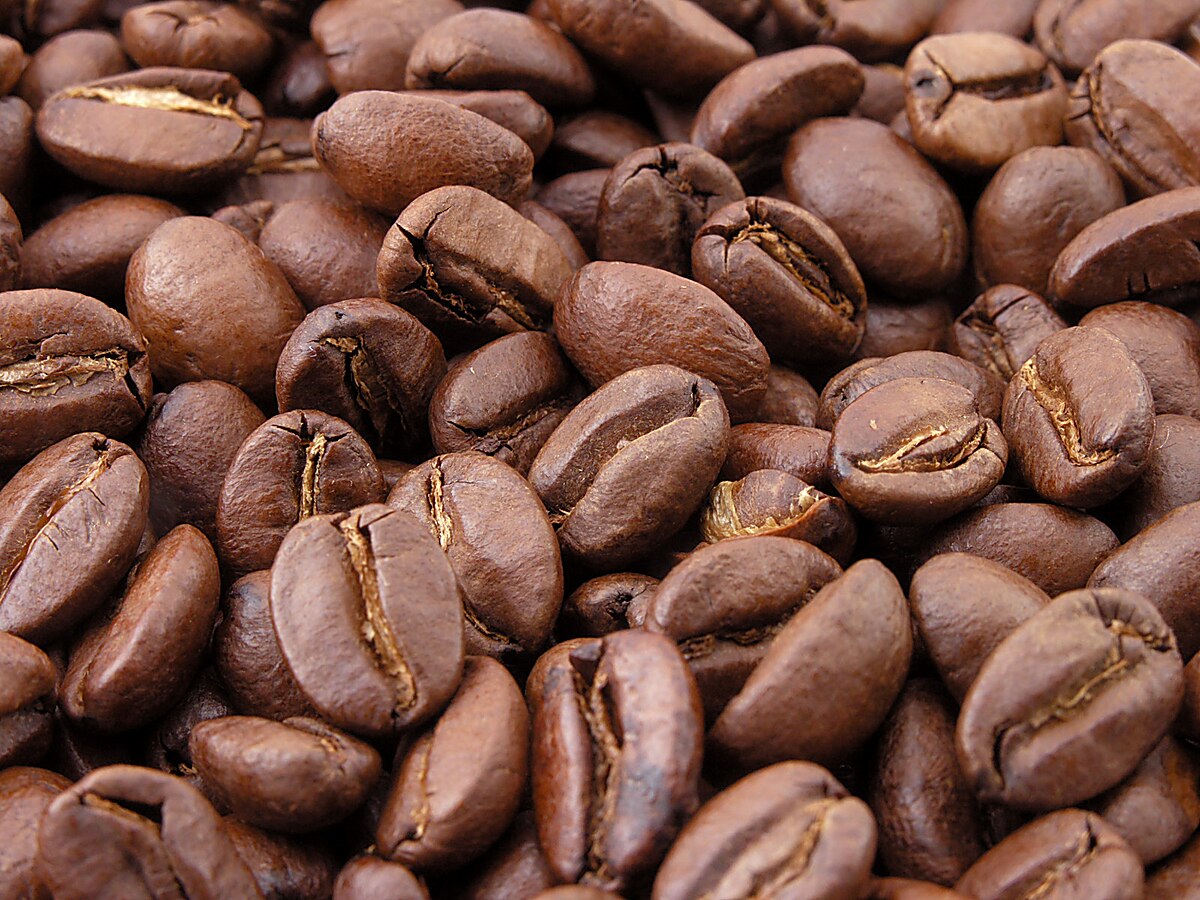Food Traceability Application
Singapore Market
By integrating blockchain and IoT technologies, the company sought to enhance the sense of transparency and efficiency of the coffee supply chain.
By integrating blockchain and IoT technologies, the company sought to enhance the sense of transparency and efficiency of the coffee supply chain.
Background
The agricultural supply chain, especially coffee, is highly fragmented and complex. From crop to cup, coffee often travels through different stages and changes hands. Therefore, it is challenging for the upstream and downstream participants to be sure about the traceability, quality, and origin of this product.
To address these challenges, a prominent Singapore-based agriculture corporation took a pioneering step towards revolutionizing the coffee supply chain. By integrating blockchain and IoT technologies, the company sought to enhance the sense of transparency and efficiency of the coffee supply chain. In addition, this approach improves how the stakeholders understand and manage this process, hence opening up new possibilities for using technology to improve farming and trade in the future.

In this project, there were two major challenges for GEM’s engineers.
First, we needed to design a platform robust enough to encapsulate and visualize the complex ecosystem of the coffee supply chain. Meanwhile, it should also be user-friendly to ensure that individuals with varying degrees of tech-savviness could navigate and interact with the information seamlessly.
Another challenge was ensuring the privacy and security of the data. Apart from its technical and operational aspects of data security but also about building trust among the users—farmers, suppliers, and consumers—who would rely on this platform for accurate and secure information about the product.
The project, therefore, had to balance the dual objectives of transparency and interactivity with the imperative need for robust data protection measures.




Solution
To achieve both goals, GEM opted for building a cloud-based platform with seamless scalability and making it accessible via desktop, mobile, and tablets. The whole process needed to be visible to all stakeholders, from upstream to downstream to the end-users.
To maximize data collection efficiency and data transparency, we built a data lake to store and categorize the massive data volume collected from thousands of IoT sensors installed on the farm. Also, we created a dashboard to showcase the outcomes and facilitate stakeholders in tracing all phases of the supply chain.
Tech stack
Output
Impacts
By adopting blockchain and IoT technologies, GEM helped the client build a scalable, secure, and innovative agriculture system. This system fosters trust and collaboration, inviting all participants in the ecosystem to engage in a transparent and efficient agricultural process.
This project highlights the transformative impacts of new technologies in agriculture. With suitable tech tools, what we achieve is beyond automation – processes are reimagined, and the values derived from data increase significantly.